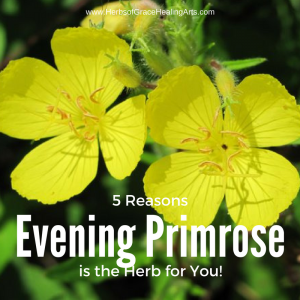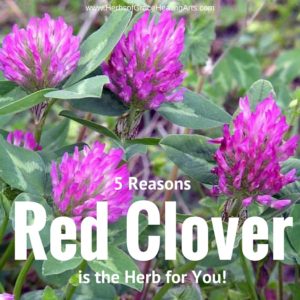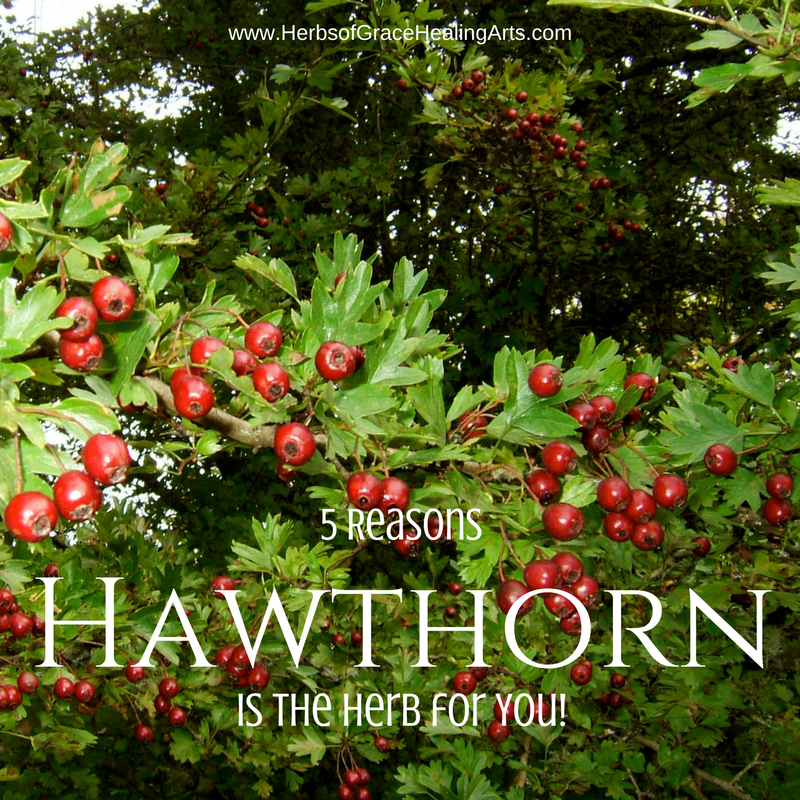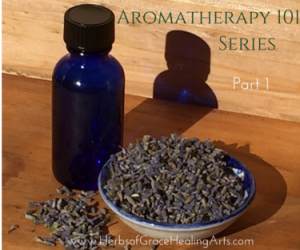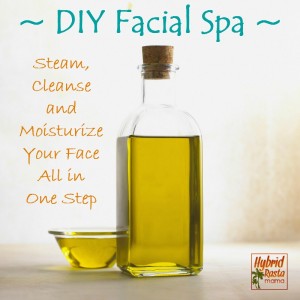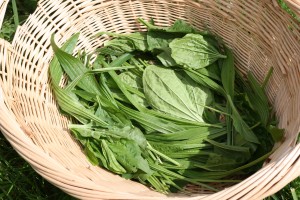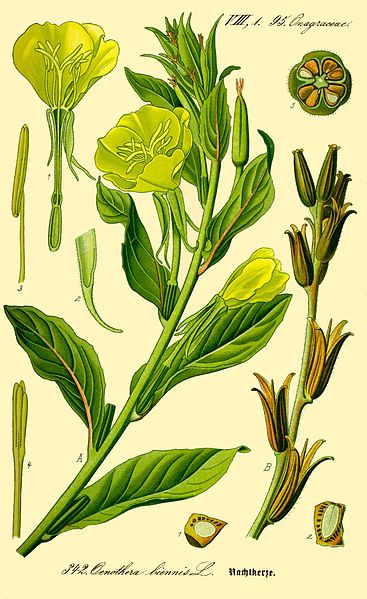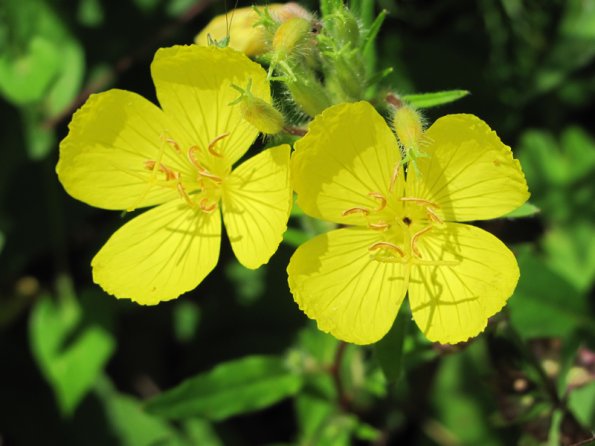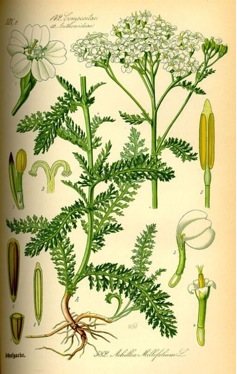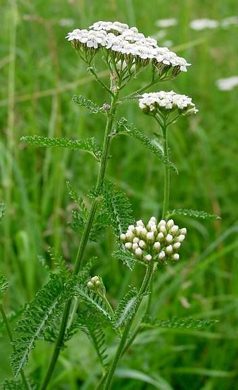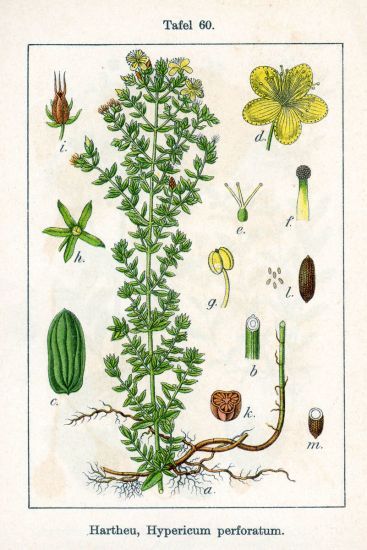
One of the most perfect herbs for those new to herbalism is Lemon Balm. Lemon Balm, whose botanical name is Melissa officionalis, is remarkably versatile in its uses. Its pleasant taste makes it great as a beverage tea, while its medicinal properties make it valuable for healing a variety of issues.
Throughout history, Lemon Balm has been used medicinally. The writings of Dioscorides and Pliny the Elder mention the use of Lemon Balm on surgical dressing for wounds, and to treat venomous bites and stings. The 12th century herbalist, Saint Hildegarde von Bingen, said “Lemon balm contains within it the virtues of a dozen other plants.”
Here are a few of the areas in which Lemon Balm excels:
Brain
Recent studies show that Lemon Balm is helpful in improving brain function. In one study, a significant increase in the speed of mathematical processing, with no reduction in accuracy was observed. In another study, after just one dose of Lemon Balm, subjects showed improved cognitive performance and lengthened attention span!
Stress
In those same studies, another benefit that was observed was improved mood and a sense of calmness. In fact, Lemon Balm has been used traditionally for reducing stress of all kinds. Stress-induced anxiety and/or depression is specifically indicated for the use of Lemon Balm. It has an uplifting nature that can dissolve tension and induce a balancing of the nervous system.
Sleep
The relaxing effect that Lemon Balm has on the nervous system can also be helpful for those with sleep issues. In Germany, lemon balm is actually licensed as a standard medicinal tea for sleep disorders. In The British Herbal Pharmacopoeia it is listed as a sedative. Western herbalists often use it in combination with other relaxing and sedative herbs to promote sleep.
Viruses
Lemon Balm is highly anti-viral. It has been studied for its effectiveness against herpes virus as well as HIV with positive results. In one study on 115 patients, a proprietary preparation of lemon balm extract in a lip balm showed efficacy in treating lip sores associated with the herpes simplex virus. Studies of various mint family plants, including Lemon Balm, showed efficacy against human immunodeficiency virus type 1.
Children
Even though Lemon Balm is a powerfully medicinal herb, it is gentle enough for children. It is indicated for use in ADHD and hyperactivity in kids. Because of its gentle nature, it is the herb for choice when a child has any of the various issues listed above – problems falling asleep, a viral infection, learning disorders or any sort of stress-induced condition. Because of its delightful flavor, it is a favorite among even the pickiest of children, making it even more valuable as a medicine.
Lemon Balm is a standby in our household and brings its uplifting nature and agreeable, lemony flavor to so many medicinal blends and remedies, it would be difficult to be without it!
While this, by no means, is a complete list of all the benefits Lemon Balm possesses, it is a nice place to start. Do you use Lemon Balm? What is your favorite way to use it?





